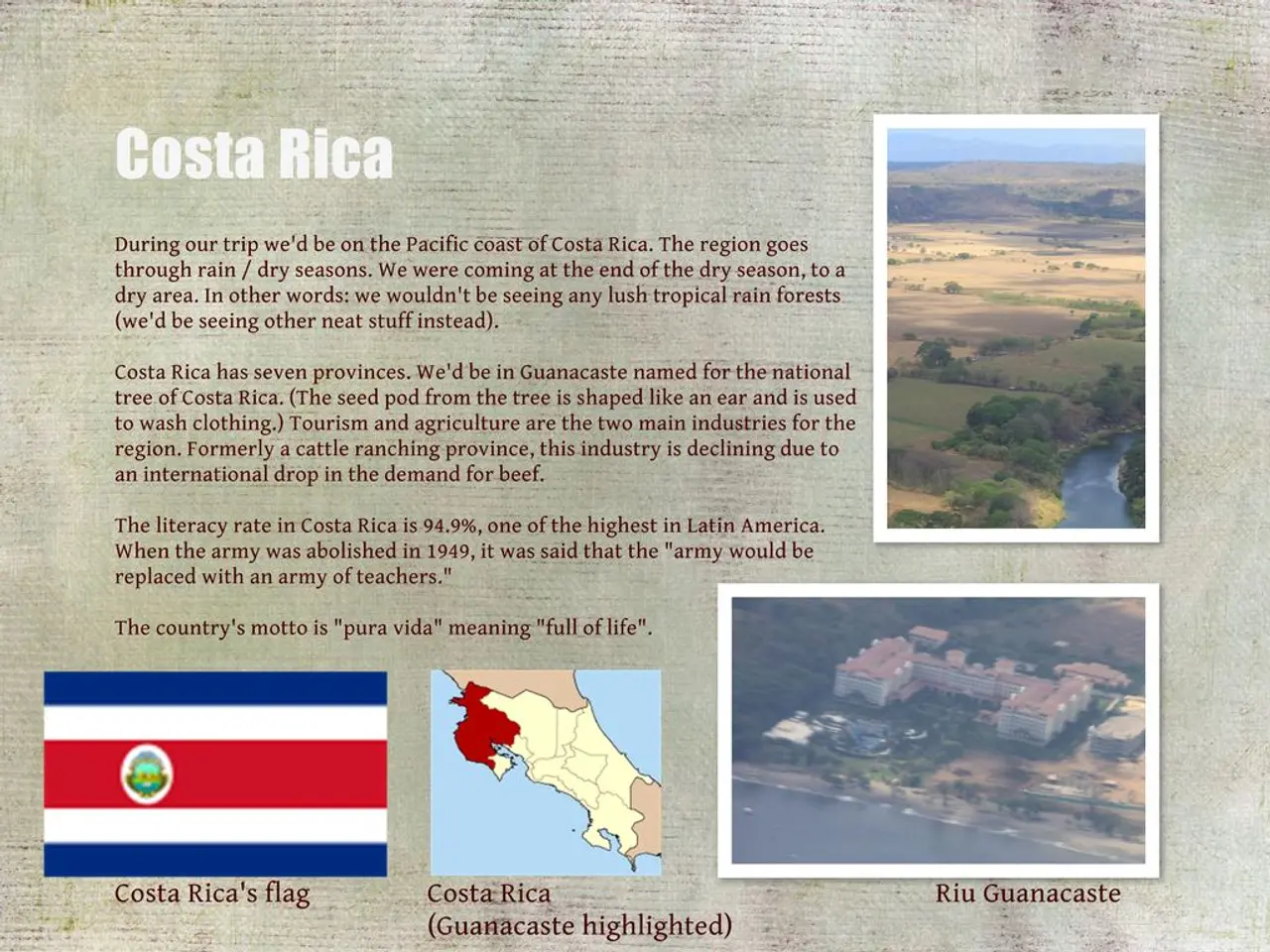Salvadoran authorities arranging trials for approximately 600 alleged gang members
In a controversial move, El Salvador has extended the pretrial detention of over 80,000 individuals accused of gang membership until at least 2027. This decision follows a legislative reform to the Organized Crime Law, which grants prosecutors an additional 24 months, with a possible 12-month extension approved by a judge, to file charges and prepare for around 600 planned mass trials [1][2][3][4][5].
This mass detention without trial has been met with significant criticism from international human rights organizations such as Amnesty International and Human Rights Watch. They cite at least 433 deaths in custody, allegations of torture and abuse, and claims that thousands of innocent people have been jailed (some estimates suggest up to 40% of detainees might be innocent) [1][2][3].
The changes to the law against organized crime have implications that extend beyond the courtroom. The reform ensures authorities have more time to gather evidence to prosecute alleged gang members in bulk trials. It also eliminates a previous deadline requiring charges or release of detainees, allowing for prolonged incarceration without trial [1][4].
Government lawmakers defend the reform as a way to keep gang members off the streets permanently and enhance public security. However, opposition lawmakers criticize the reform as a sign of the government's failure to deliver justice and a violation of due process and constitutional protections [2][4].
President Nayib Bukele’s government remains popular domestically for its “war on gangs” and the perceived reduction in violence. However, the ongoing mass detentions and trials raise serious concerns about human rights, rule of law, and potential wrongful imprisonment [1][2][3][4][5].
A report released by the US State Department this week declined to criticize El Salvador, noting a "historic low" in crime. Yet, the extended detention without trial remains a contentious issue, both domestically and internationally.
[1] Congressional Security Committee Report [2] Statement by Attorney General Rodolfo Delgado [3] Report by Lawyer and Human Rights Activist Ingrid Escobar [4] Congressional Debate Transcripts [5] US State Department Report
The controversy surrounding El Salvador's extended pretrial detention of over 80,000 individuals accused of gang membership has sparked discussions in the realm of general news, politics, and human rights. Criticisms from international organizations like Amnesty International and Human Rights Watch underscore allegations of torture, abuse, and potential wrongful imprisonment.
On the other hand, the government defends the reform as a means to maintain public security, while opposition lawmakers argue it's a violation of due process and constitutional protections. The contentious issue extends beyond the courtroom, with implications on human rights and the rule of law.








